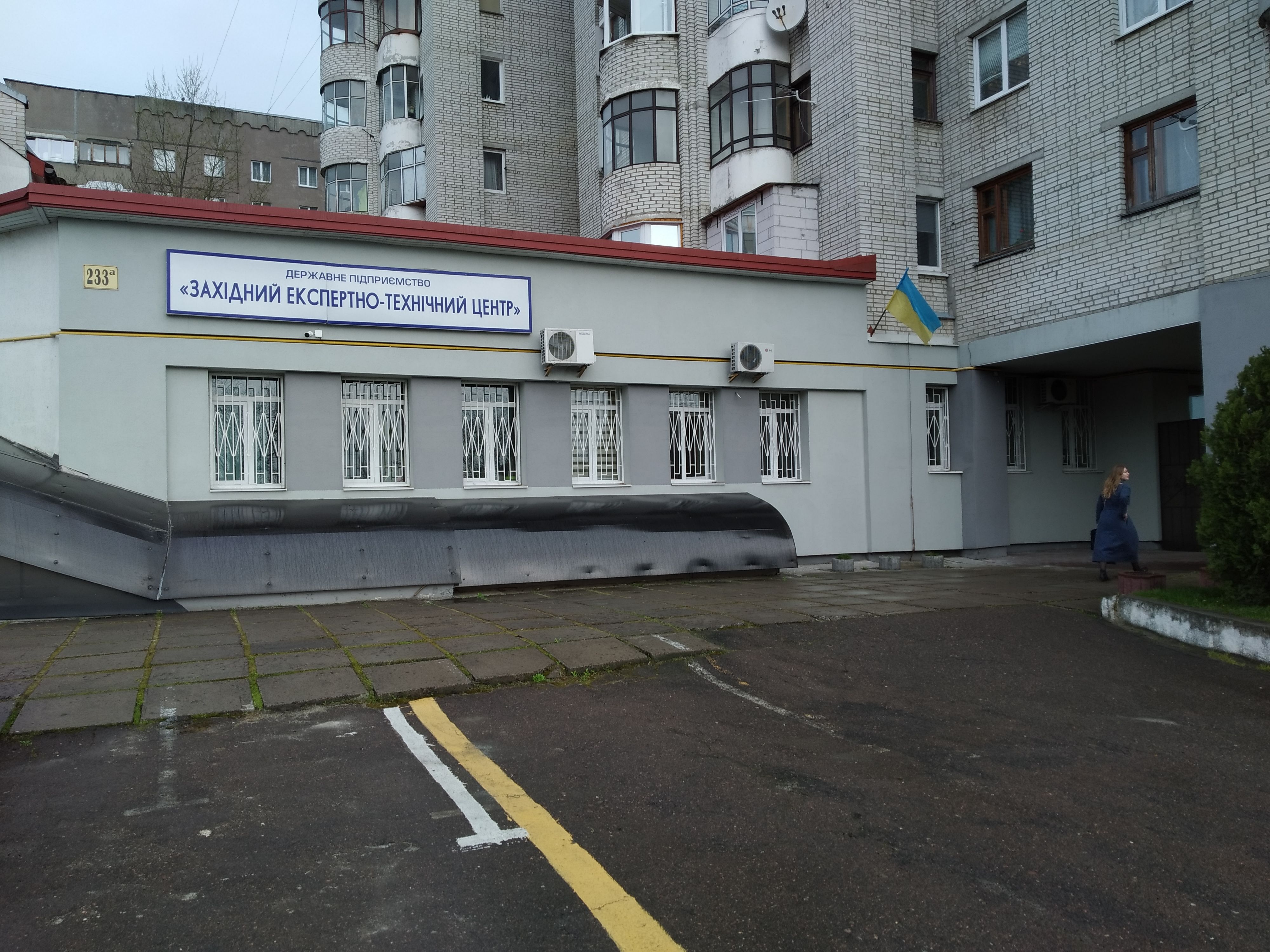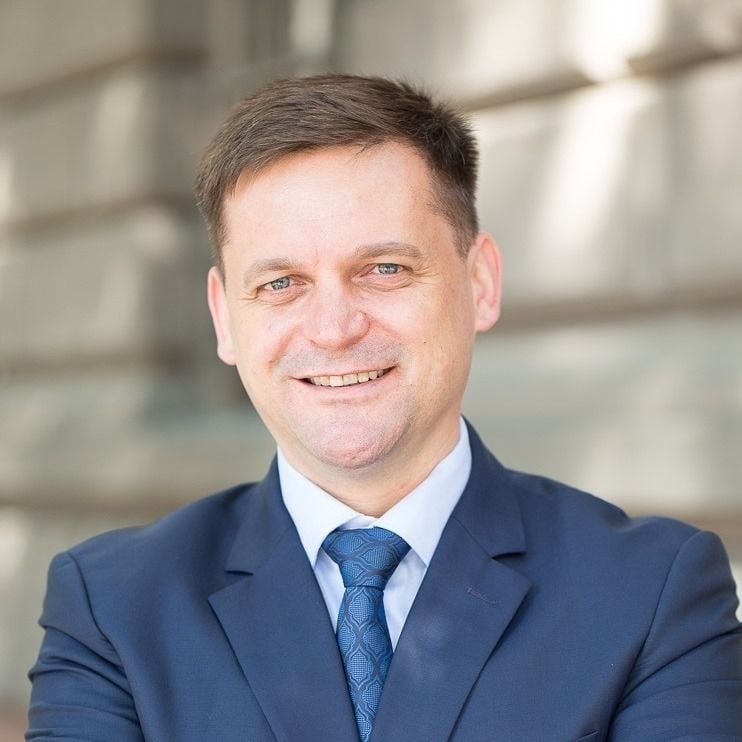Reboot: How privatization revitalized the former State Labor Enterprise.
Lviv region ranks fourth in terms of privatization revenues for the state budget. Throughout 2024, the region attracted over 337 million UAH for the state treasury. Privatization not only brings in additional funds but also serves as a catalyst for change, as demonstrated by the example of the Western Expert and Technical Center in Lviv. What happens to state enterprises after privatization? Let’s delve into how this process actually works.
The Western Expert and Technical Center (hereinafter referred to as the Center) has been operating in Lviv since 1996 and has earned a reputation as a professional expert enterprise of the State Labor Service over its 17 years in existence. The specialists at the Center conduct technical and safety diagnostics of machinery, equipment, and working conditions throughout Ukraine.
Why the Center Was Put Up for Privatization
The Western Expert and Technical Center had been providing services since 1996, but the economic reality of recent years posed a serious challenge for the Center.
By 2022, financial difficulties had only deepened. According to the State Property Fund of Ukraine (SPFU), during 2022, the total income of the enterprise decreased by 26% compared to 2021, and the number of employees shrank by almost three times. Debts emerged: over 1.3 million UAH in wage arrears and about 2.3 million UAH in tax liabilities. The Center found itself on the brink of stagnation.
At the beginning of 2023, the SPFU put the Center up for auction for privatization. The bidding took place in the electronic system "Prozorro.Sales," which ensures equal and open access for interested participants to state and communal property for purchase and lease. The object attracted attention due to its infrastructure—nearby roads, a shopping center, and other business entities—but significant risks remained regarding the potential reluctance of buyers due to the Center's debts.
Privatization: A New Beginning
As a result of the electronic auction at the end of March, the enterprise was purchased by the company "IT United"—the final price of the object amounted to over 45 million UAH including VAT.
According to SPFU statistics, the Center is among the 5 most expensive properties privatized in the Lviv region in 2023.
“The goal of privatizing state enterprises is not merely the desire of the state to rid itself of ballast, but rather the understanding of the need to find new effective owners who will invest in them, make them competitive, create new jobs, and pay taxes. As there is currently a shortage of budgetary funds for the maintenance, modernization, and repair of state enterprises, they gradually decline and only generate losses. The value of such property decreases every year,” notes Mykola Ishchuk, the head of the regional branch of the State Property Fund in Lviv, Zakarpattia, and Volyn regions.
The timely privatization is called a chance for such enterprises to find new life with an owner motivated to develop them.
How the Enterprise Changed After Privatization
In the first months following privatization, the owning company primarily changed the working system and structure of this formerly state-owned enterprise. Consequently, new management was appointed, and strategic planning was conducted to develop profitable areas. They decided to scale operations and begin working with new enterprises.
The entire staff of the enterprise—71 employees—remained at the Center. Throughout the first year after privatization, many resources were invested in training and enhancing the qualifications of the experts.
“Their experience and expertise are truly unique. To study and cultivate such a specialist takes more than one year of education and experience. Furthermore, there is a need for constant re-certification and training on new equipment and under changing conditions,” explains Mykola Prokopyak, one of the managers of the "Western Expert and Technical Center."
For the Center's employees, offices were updated, new modern equipment was purchased, and service vehicles were repaired, among other improvements.
The Center expanded its accreditation areas according to international standards and implemented a new quality management system that enables its specialists to work in accordance with modern international rules and requirements.
Big Ambitions for the Future
The Center's team has an ambitious goal—to become a leading consulting and expert enterprise not only in Lviv region but also in Ukraine and Europe. They are currently actively training qualified specialists, enriching their work experience, and expanding the list of enterprises they collaborate with. Plans are in place to open new directions, continue modernizing and renewing tools and devices in the laboratory, and renovate premises.
Center specialists were among the first in Ukraine to learn how to assess the compliance of products and equipment imported from the EU with the technical regulations of our country. They also conducted technical and economic expertise for the development of a European gauge railway in Ukraine. They have expertise in evaluating construction projects and conducting workplace certification.
As a constant partner of communal and energy enterprises in Ukraine, the Center is involved in the restoration and modernization of energy and thermal systems: expert examinations of equipment, training workers on labor protection and industrial safety, project expertise following modernization and reconstruction of boiler houses, product certification, and more.
“We are proud to continue our long-term cooperation with the Central Mining and Processing Plant in Kryvyi Rih. Our Center's experts are among the few in Ukraine conducting research and testing regarding elevator breaks at heights of up to 400 meters,” shares the manager.
They are also considering the possibility of providing comprehensive consultation to Ukrainian enterprises to produce quality equipment in accordance with European standards. Thus, the field for improvement and expansion of activities for what was once a state enterprise is vast, just like the opportunities for its experts.
This product has been prepared with the support of the American people and the assistance of the British people, provided through the United States Agency for International Development (USAID) with the support of the United Kingdom's Department for International Development (UKaid). The content of this publication does not necessarily reflect the views of USAID, the United States government, UKaid, or the government of the United Kingdom.
 5
5  0
0